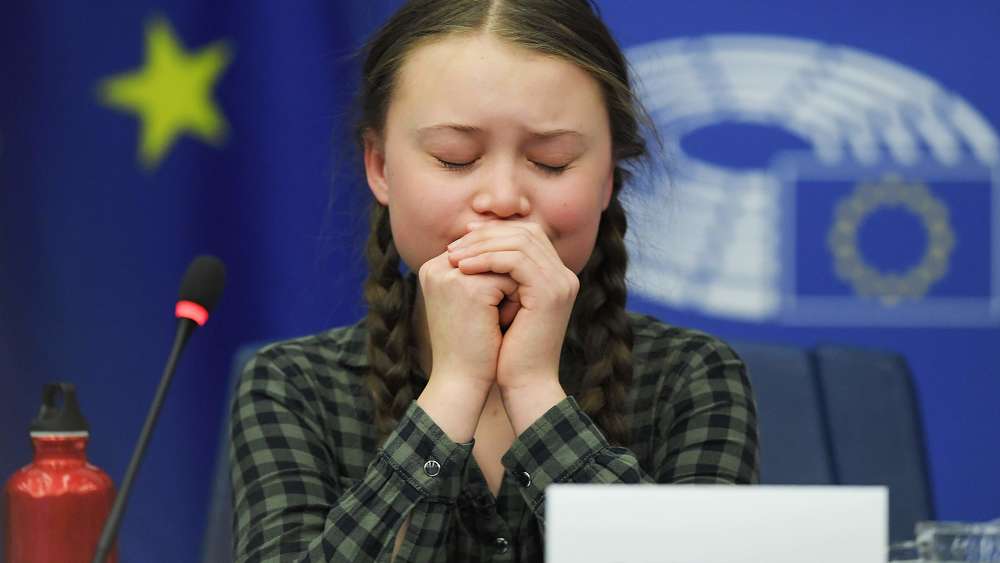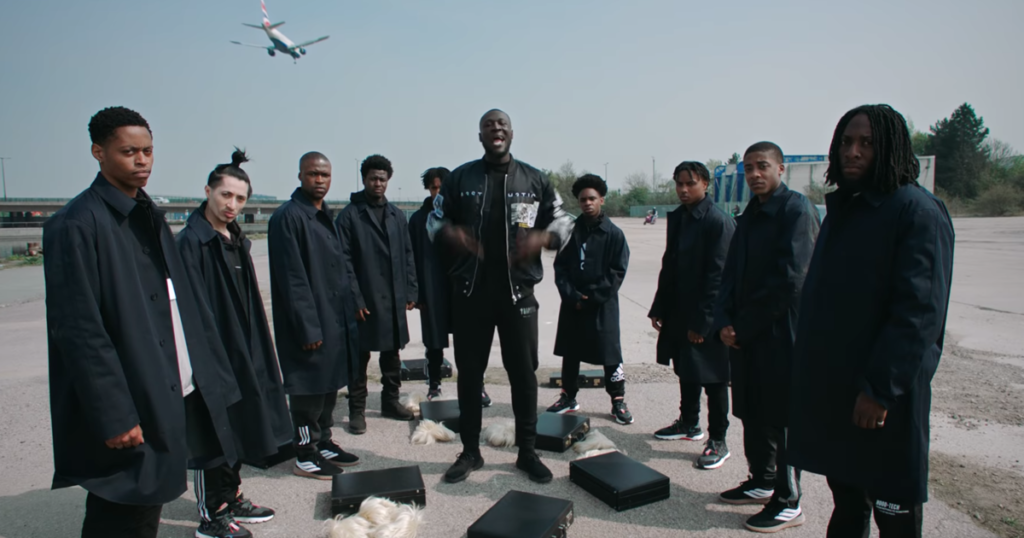
There is no doubt that whilst commuting to work, or simply popping out for a sandwich in recent months, you’ll have had to grapple your way through herds of environmental protesters. Yet unlike the peace sign gesturing hippies you’d imagine to be leading this wave of activism, it turns out they’re school children. Instead of scratching their heads at algebra, these students have opted to wave “save our planet” signs with mouths full of both chants and braces.
But what stirred all of this and why now?
Well you only have to turn to their MVP Greta Thurnberg, a Swedish school girl activist, to realise what all the commotion is about. The headline thief has captivated the world by her crucial words and actions. Ingeniously deciding to skip school to protest outside her country’s parliament has surged international attention and the initiation of movements such as “The School Strike 4 Climate” which has seen 15,000 school children taking part nationally- explaining the high pitched raucous outside your office.

Interestingly, this is what many NGO’s have been attempting to achieve for years, so why is it that a young school girl has absolutely smashed this in well under a year?
Perhaps it’s due to the fact that she has single-handedly demonstrated how easily it’s done despite her age, gender and status. She is both ordinary and extraordinary, the epitome of a role model who forces her peers to beg the question, “if she can do it, why can’t I?”
The school girl activist is a great example of how genuine relatability can not only reach out to your target audience but can create an obligatory urge for them to join in on your crusade. Plus if there’s one thing Gen Z are more scared of than climate change, it’s FOMO. If the trend is to be environmentally, socially and politically aware (which it evidently is) and you’re deemed as the right person to vocalize these beliefs then you’ve pretty much got them under your spell.
Also summoning his army of angry youths is the unexpected comparison, British rapper, Slowthai. Recently, the 24 year old also showed us how tapping into youth activism could also enhance reach and attention.
The self-made rapper consistently expresses how there’s “nothing great about Britain” with lyricism and promotional campaigns that highlight shared social and political injustices. When promoting his forthcoming album, Slowthai utilized stripped back billboards located around London with a single statement such as, “78% of large companies in the UK pay men more than they pay women” written across them, each concluding with the album’s title, “Nothing Great About Britain”.
Clearly shown to have struck a chord with his audience, Slow Thai saw floods of coverage and social engagement as a result of his indignant billboards.
The rapper identified the conversation his audience of 18 to 24 year olds were having and seamlessly became a part of it. Yet Slow Thai isn’t the only rapper we have seen uniting alongside youth zeitgeist.
Stormzy’s recently released track ‘Vossi Bop’ mentions, “F*** the government and f*** Boris” as children dressed as the politician dance around him in the music video. The song has claimed last week’s UK number 1 and in doing so has broken the record for the most amount of UK streams in a week for a rapper. The confrontational lyric follows the discontent Stormzy expressed during his 2018 Brit Awards performance when he condemned the government’s handling of Grenfell, tuning into the frustrations also shared by his young audience. With his outspoken yet relevant remarks, Stormzy has helped the once niche music genre, grime, mark its place in the mainstream, even landing himself as a headliner for the UK’s biggest festival, Glastonbury- interesting to see what he pulls out the bag here to say the least.

Oddly, what a Swedish school girl activist and politically charged rappers have in common is the ability to harness grassroots conversations and bring them to surface. However, this isn’t a guaranteed gambit, people/ organisations/ brands can’t just piggy back off of a topic pulled from societal controversies. Take the Kendall Jenner and Pepsi fiasco for example. Claiming an Instagram mogul as the face for a socially or politically orientated campaign without reason was inevitably destined for epic failure.
What we can take away from these examples, is that certain demographics and subcultures will often lend an ear if what you have to say inherently connects with them and are rightful of expressing these shared values.
Youth activism in particular is on the rise and is a very important conversation to keep an ear out for if we wish to remain relevant. No doubt will we be seeing more from pop culture and brands as they try and close in on this frustrated audience. However, the “voice of the youth” is not a self-appointed role. It’s those who can prove how relatable they are that end up earning that credibility and from what we’ve seen, those who have, are now leading a snow-balling army of up and coming evangelists.





